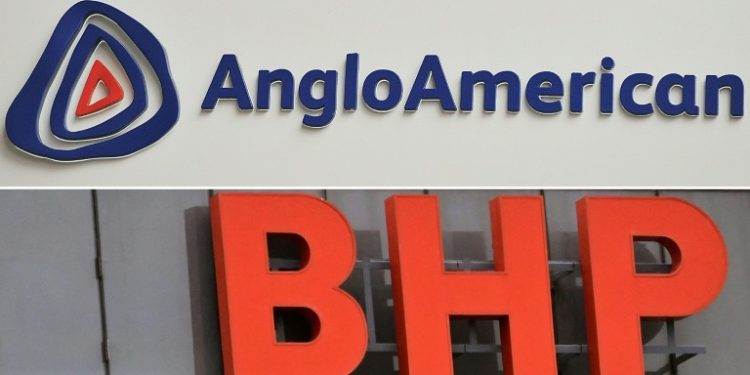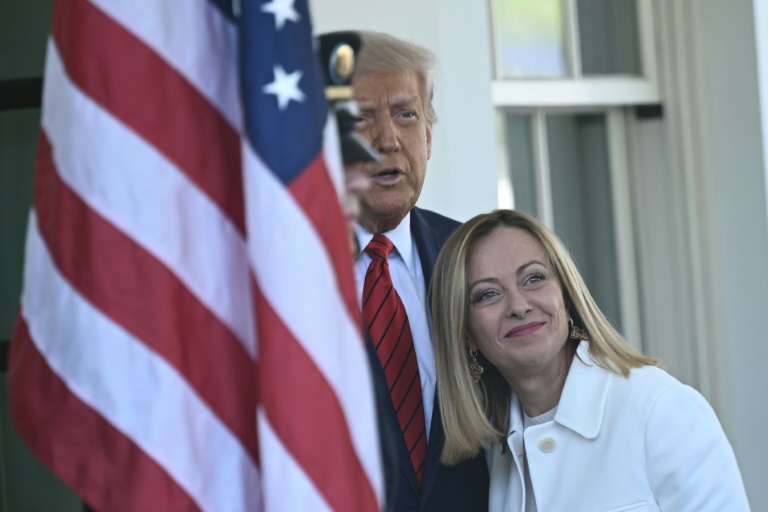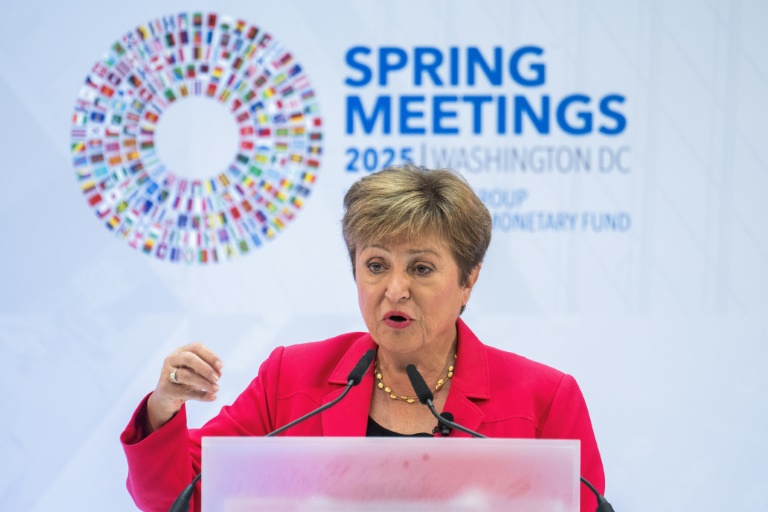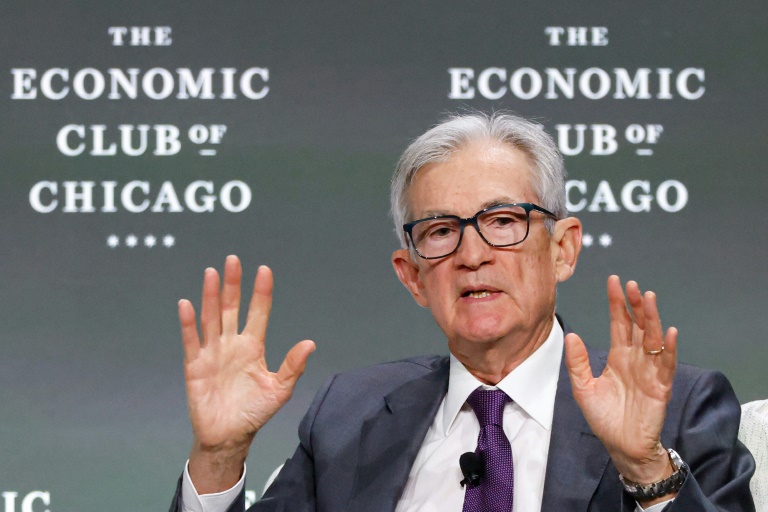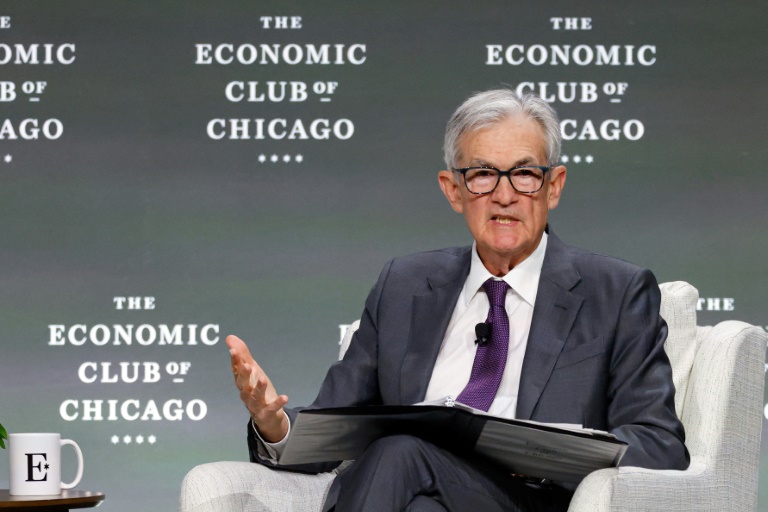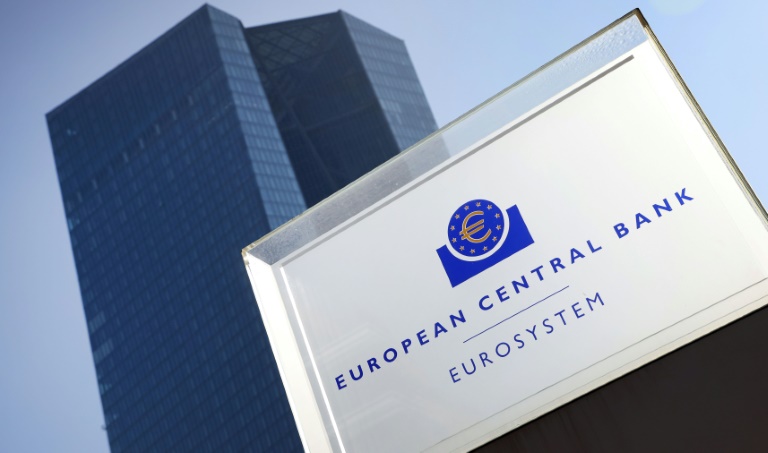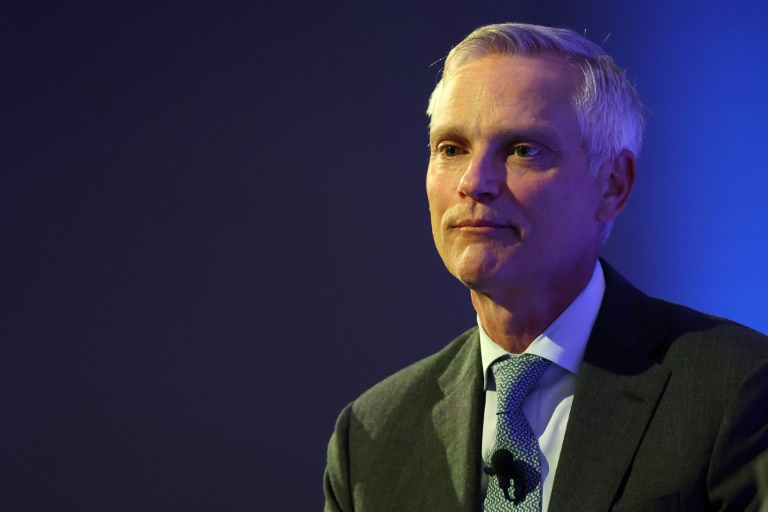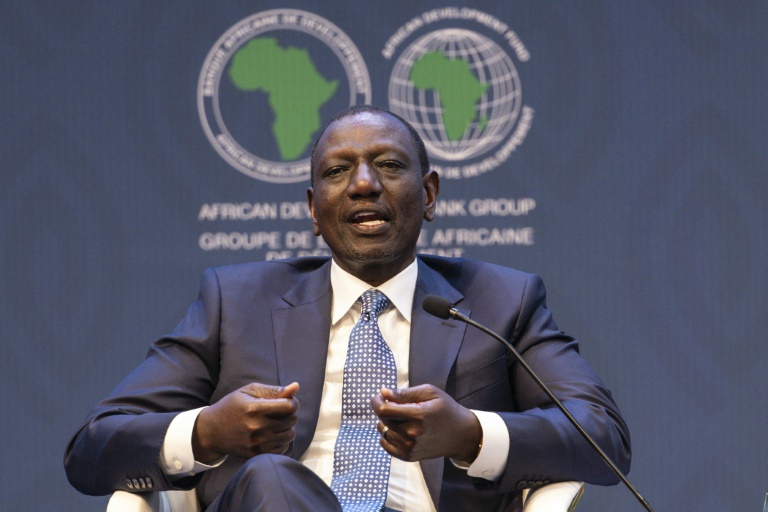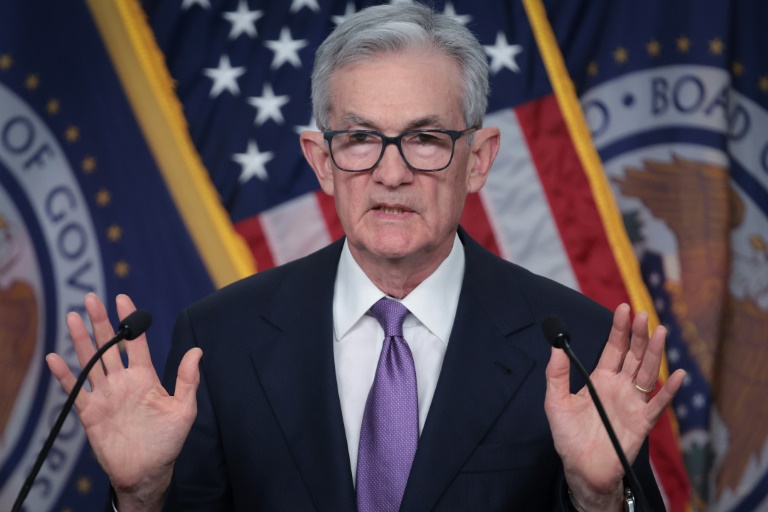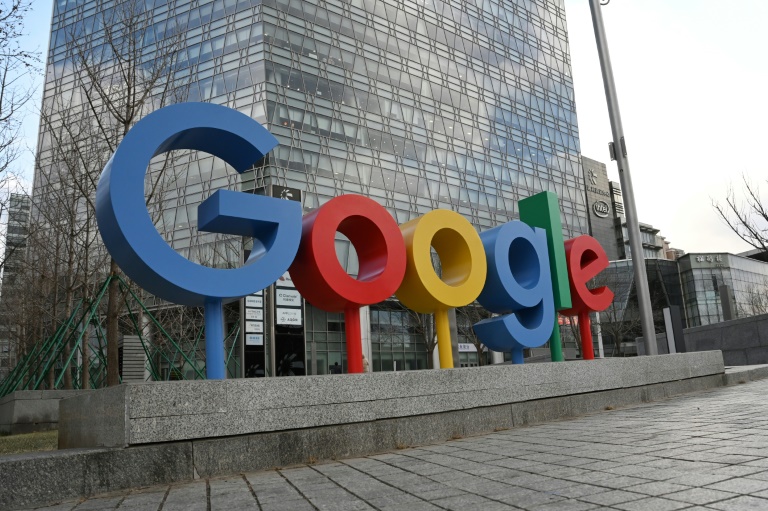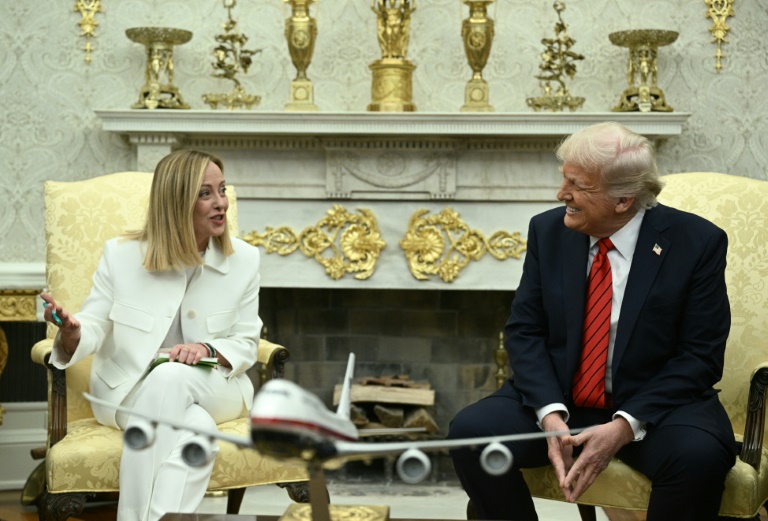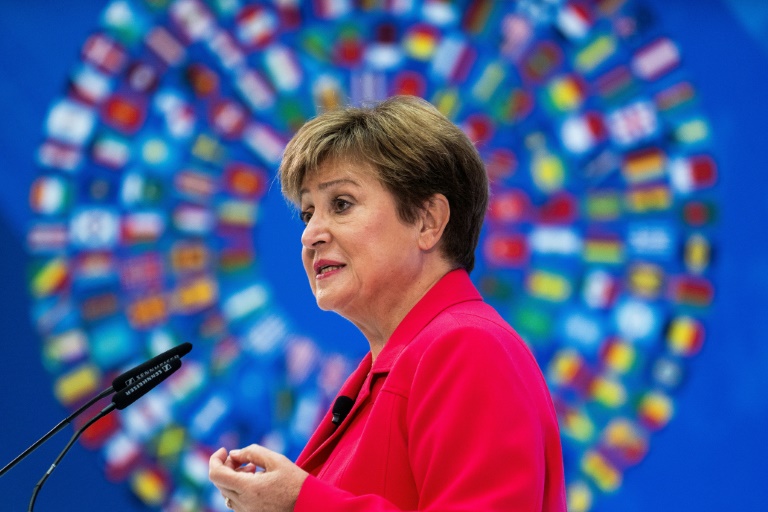London (AFP) – Australian mining behemoth BHP announced Wednesday that it has walked away from a proposed $49-billion takeover of British rival Anglo American that would have created a copper titan.
BHP said it will not make a firm offer for Anglo American, ending a six-week saga and scrapping its gigantic proposal just before a key Wednesday deadline which its UK rival had refused to extend.
A core part of BHP’s plan was splitting off Anglo’s platinum holdings in South Africa, a politically sensitive move that stirred government opposition ahead of the country’s general election.
BHP’s offer had also proposed Anglo American hiving off its iron ore production activities in South Africa under plans to focus on copper, demand for which is booming over its use in green technologies and artificial intelligence (AI).
The takeover’s structure “looked too complicated and ultimately investors prefer hard cold cash, not an all-share bid”, said Dan Coatsworth, an investment analyst at AJ Bell.
All eyes are now on Glencore and Rio Tinto, two other mining giants, to see if they seek to buy Anglo American, he added.
“BHP will not be making a firm offer for Anglo American,” BHP chief executive Mike Henry said in a statement bringing an end to their efforts, which had seen the Australian company twice raise its initial proposal.
“While we believed that our proposal for Anglo American was a compelling opportunity to effectively grow the pie of value for both sets of shareholders, we were unable to reach agreement with Anglo American on our specific views in respect of South African regulatory risk and cost.”
BHP remained confident however that its plan “was the most effective structure to deliver value for Anglo American shareholders” and could have “obtained all required regulatory approvals, including in South Africa”, he added.
Anglo American’s chairman Stuart Chambers thanked shareholders and stakeholders for “their constructive dialogue” during the period of the takeover bid as well as employees for their “resilience and commitment”.
The company’s shareholders will benefit “from value transparency and undiluted exposure to a simpler portfolio of world-class assets, consistently stronger operational performance, and highly attractive growth in copper, premium iron ore and crop nutrients”, he added.
– Crucial copper –
The London-listed giant had rejected a third offer from BHP last week, worth £38.6 billion, but agreed to keep talks alive for seven more days.
In response to BHP’s overtures, Anglo had recently announced it would offload its coal, diamond and platinum businesses to focus on critical minerals.
Earlier on Wednesday, Anglo American had rejected BHP’s request to extend talks over its vast proposal beyond a 1600 GMT deadline for it to either make a concrete offer or abandon the bid.
The company said its board had unanimously concluded that there was “no basis for a further extension” for BHP to explore its proposal, adding that there were “fundamental concerns” over the bid structure and value.
The offer “includes the same highly complex and unattractive structure”, Anglo American argued.
Any deal between two of the world’s largest resources companies would have fundamentally reshaped the sector, with far-reaching consequences for commodities markets and the global energy transition.
BHP’s interest was largely stoked by its hunger to secure a reliable copper supply. Anglo American’s South American copper holdings include four of the largest copper mines in the world. An electrical conductor used in wiring, the metal is seen as a bedrock of emerging clean-energy industries — a crucial component to manufacture solar panels, electric vehicles and rechargeable batteries.
It is also widely regarded as vital for the development of cutting-edge AI technology.
Copper prices have increased about 400 percent in the past quarter of a century, and broke $10,000 a tonne in April for the first time in two years.
The boom has already prompted a wave of investment, with BHP snapping up Australian copper producer OZ Minerals for more than US$6 billion last year.
© 2024 AFP

